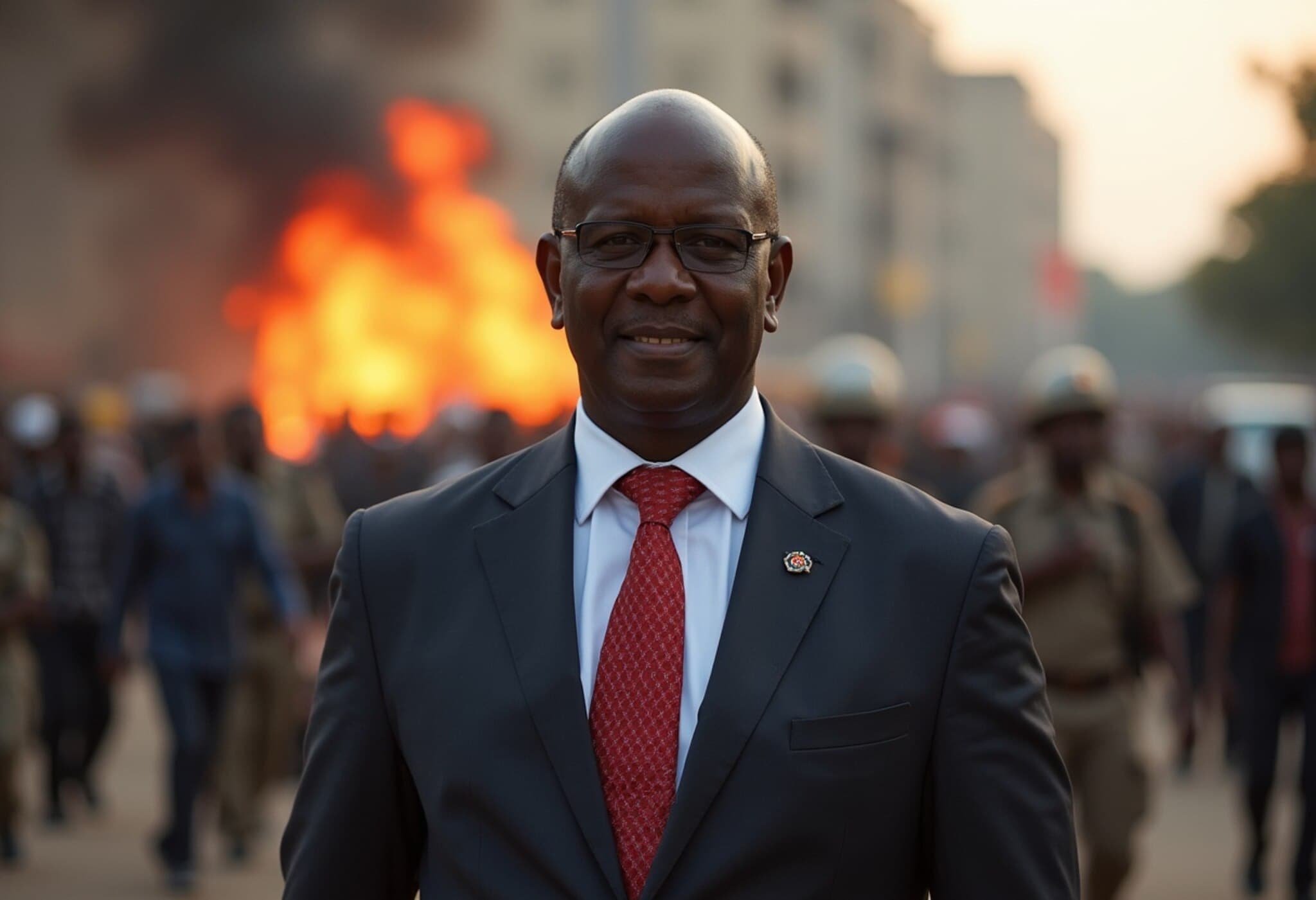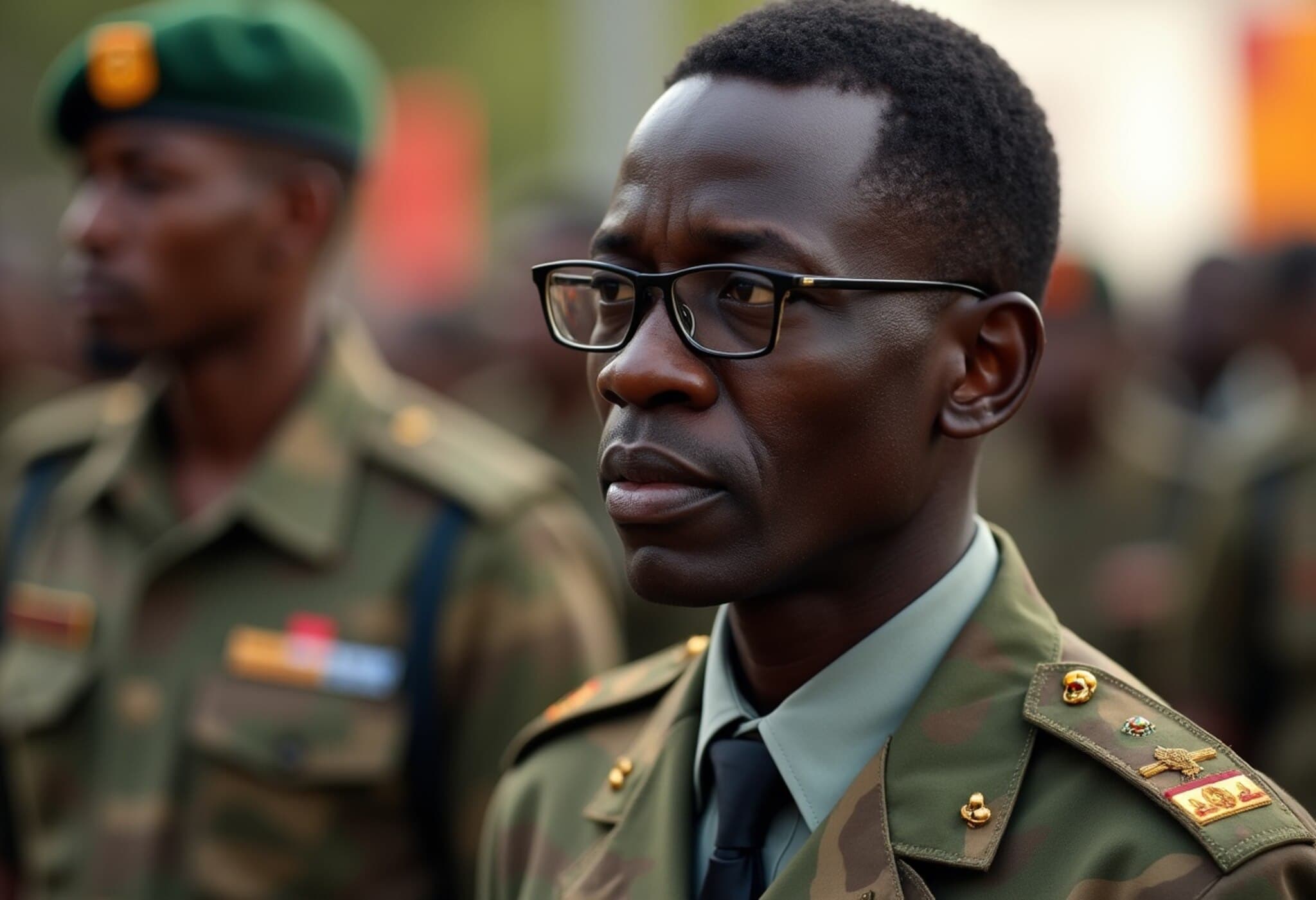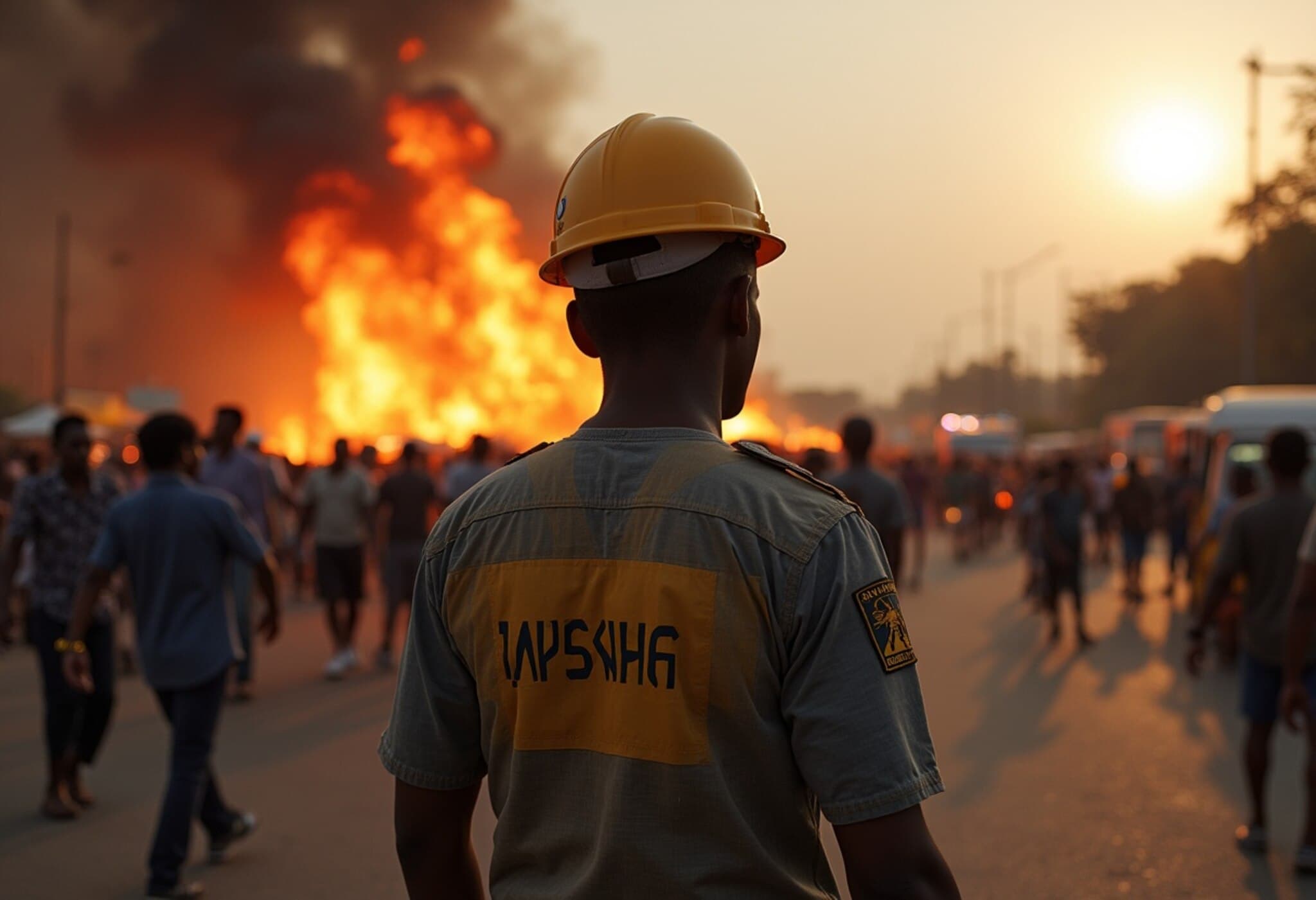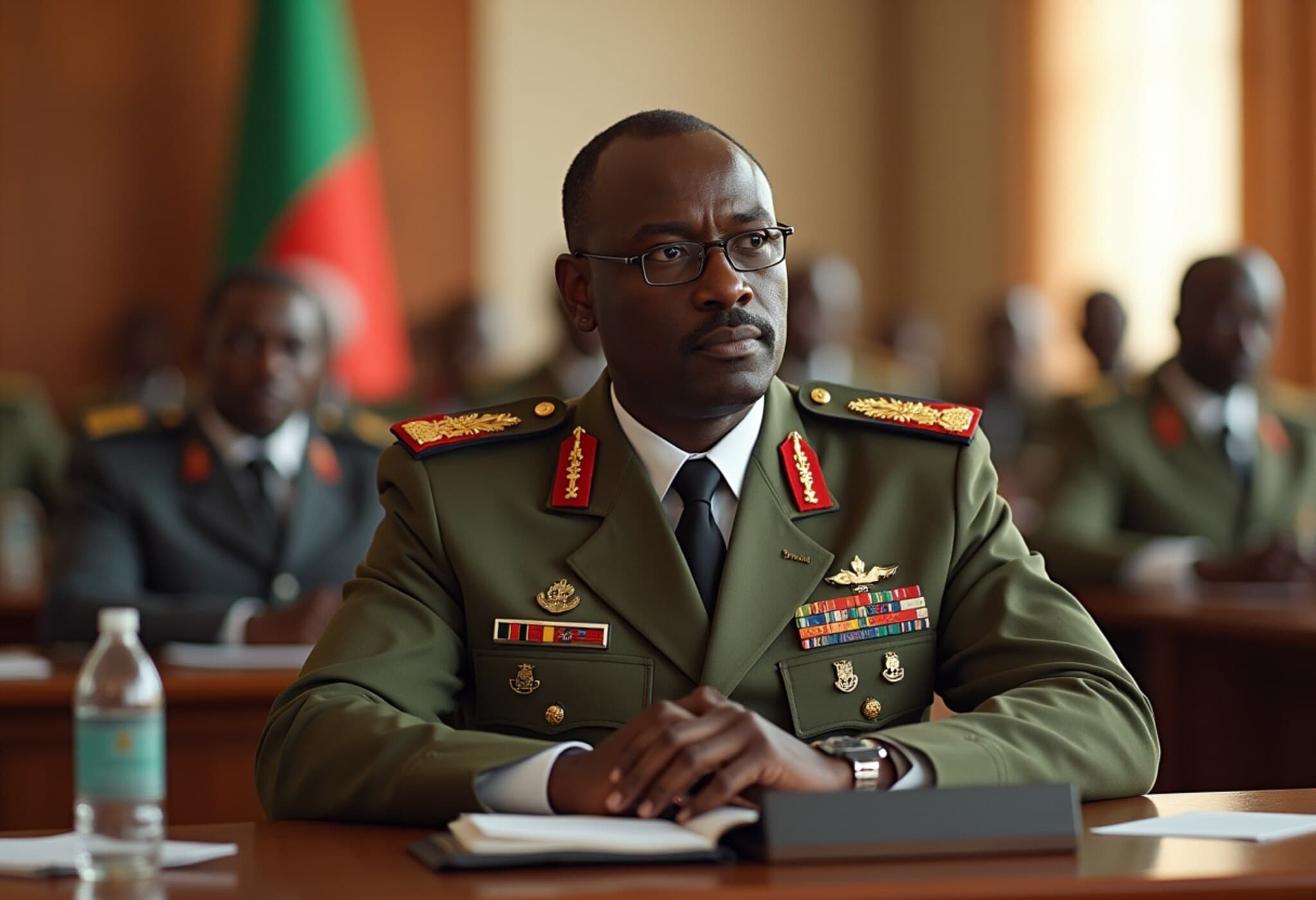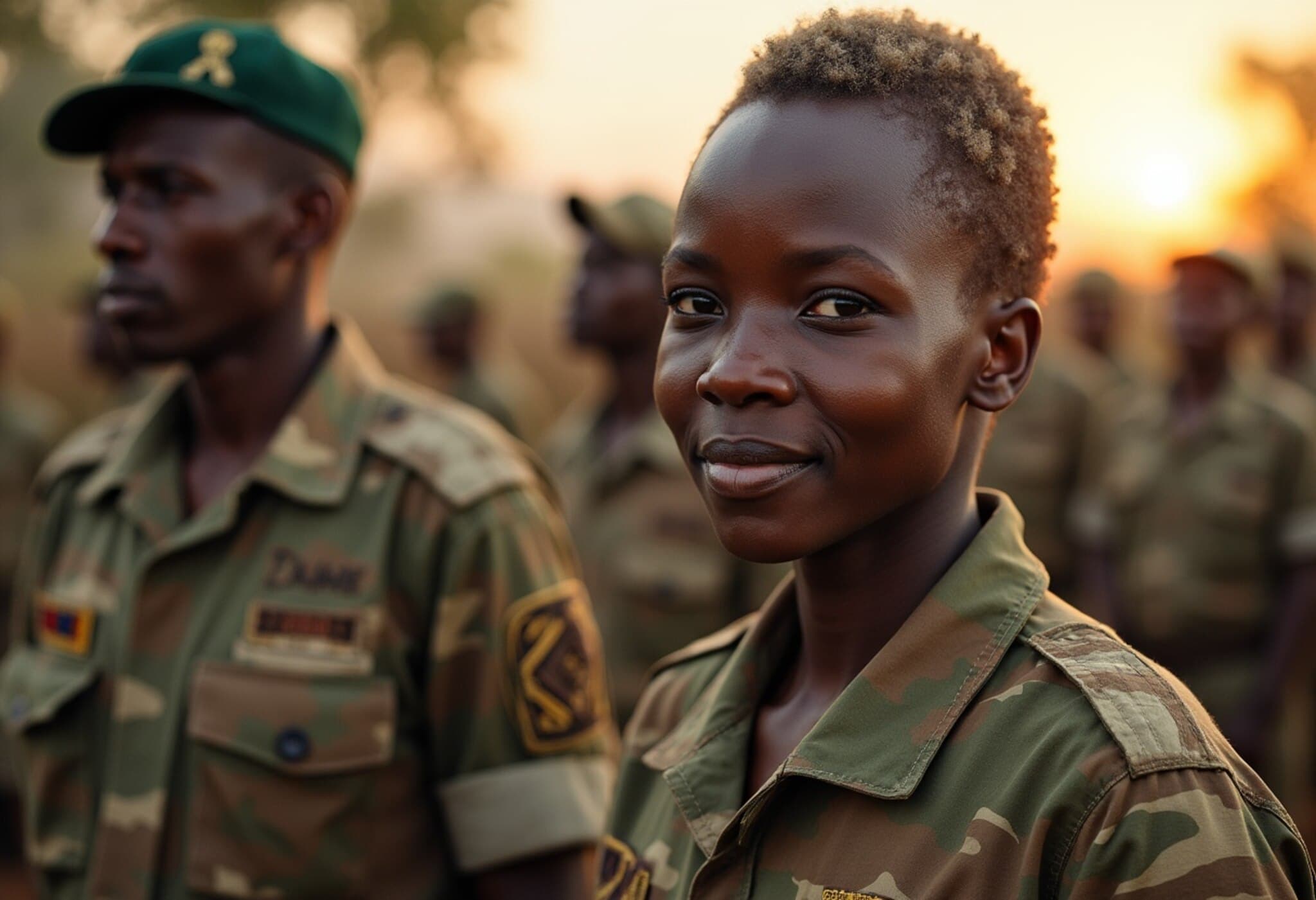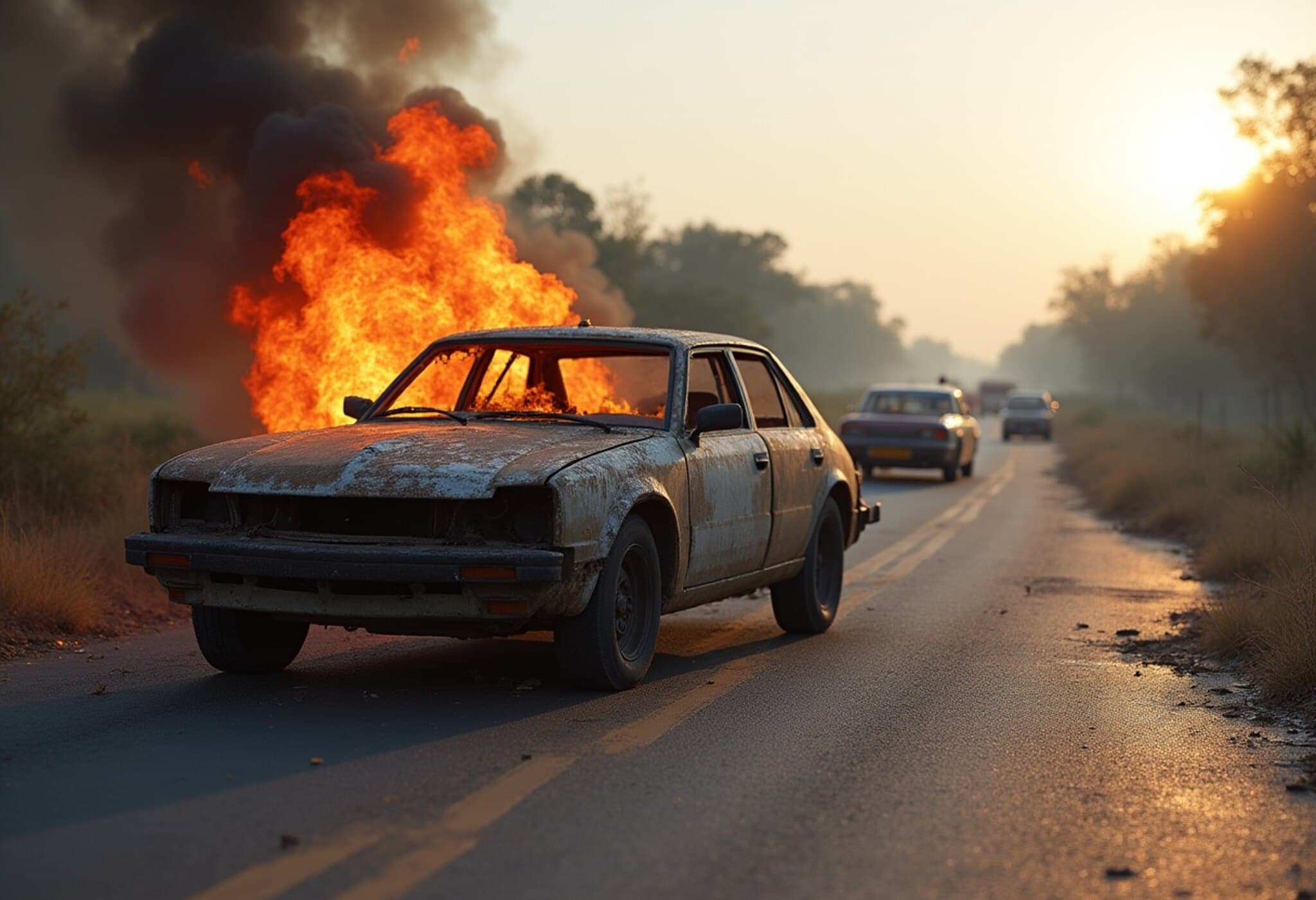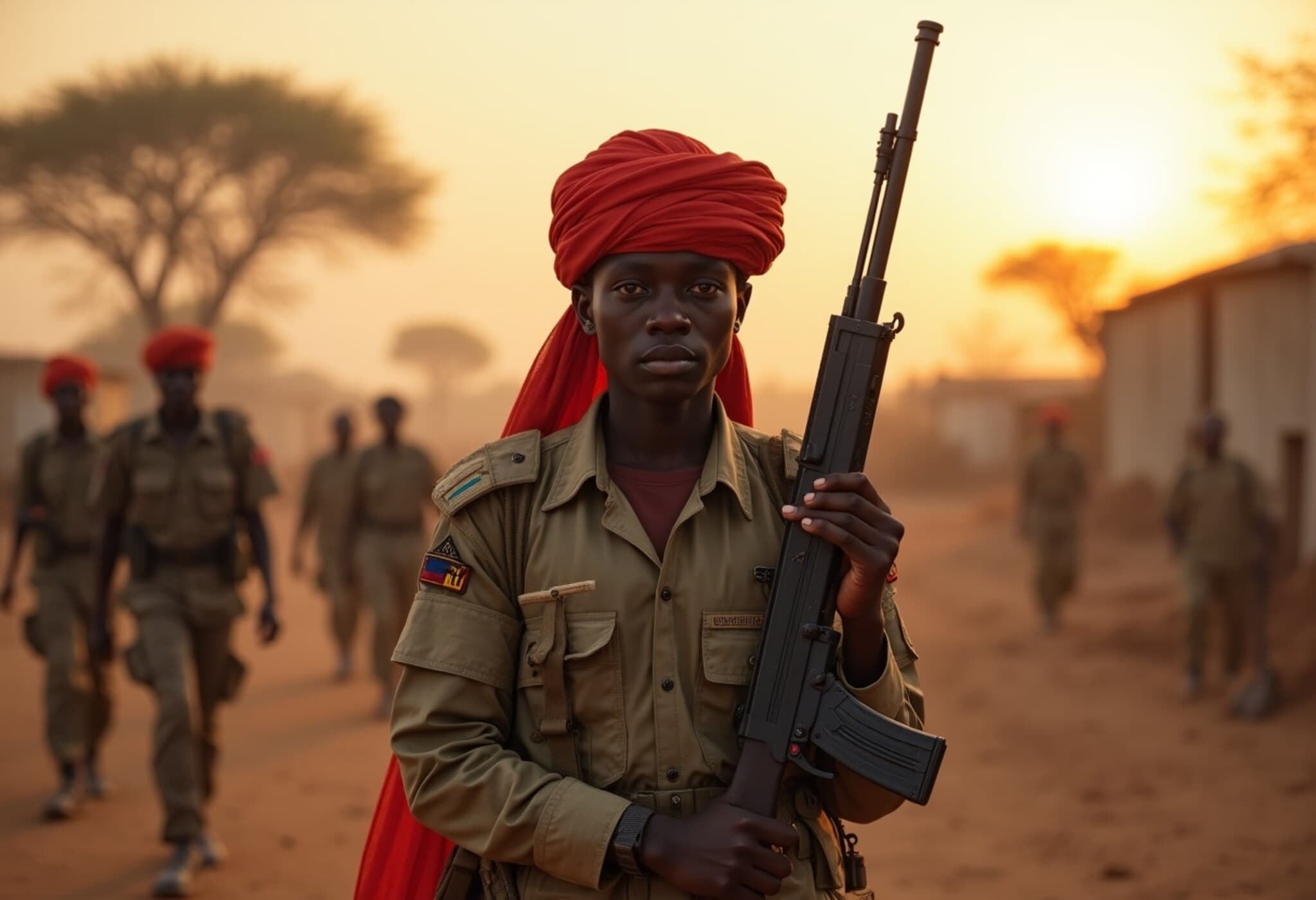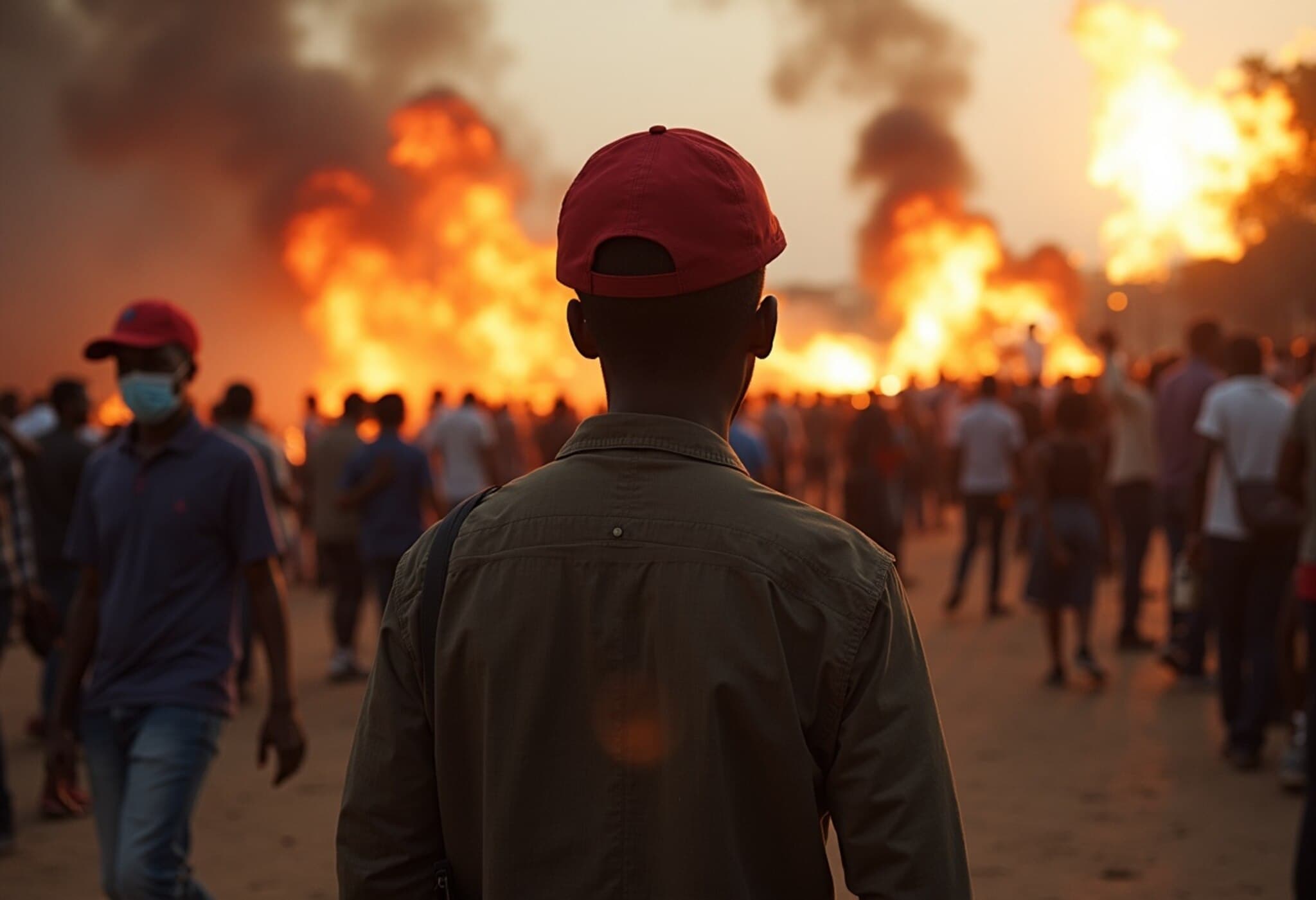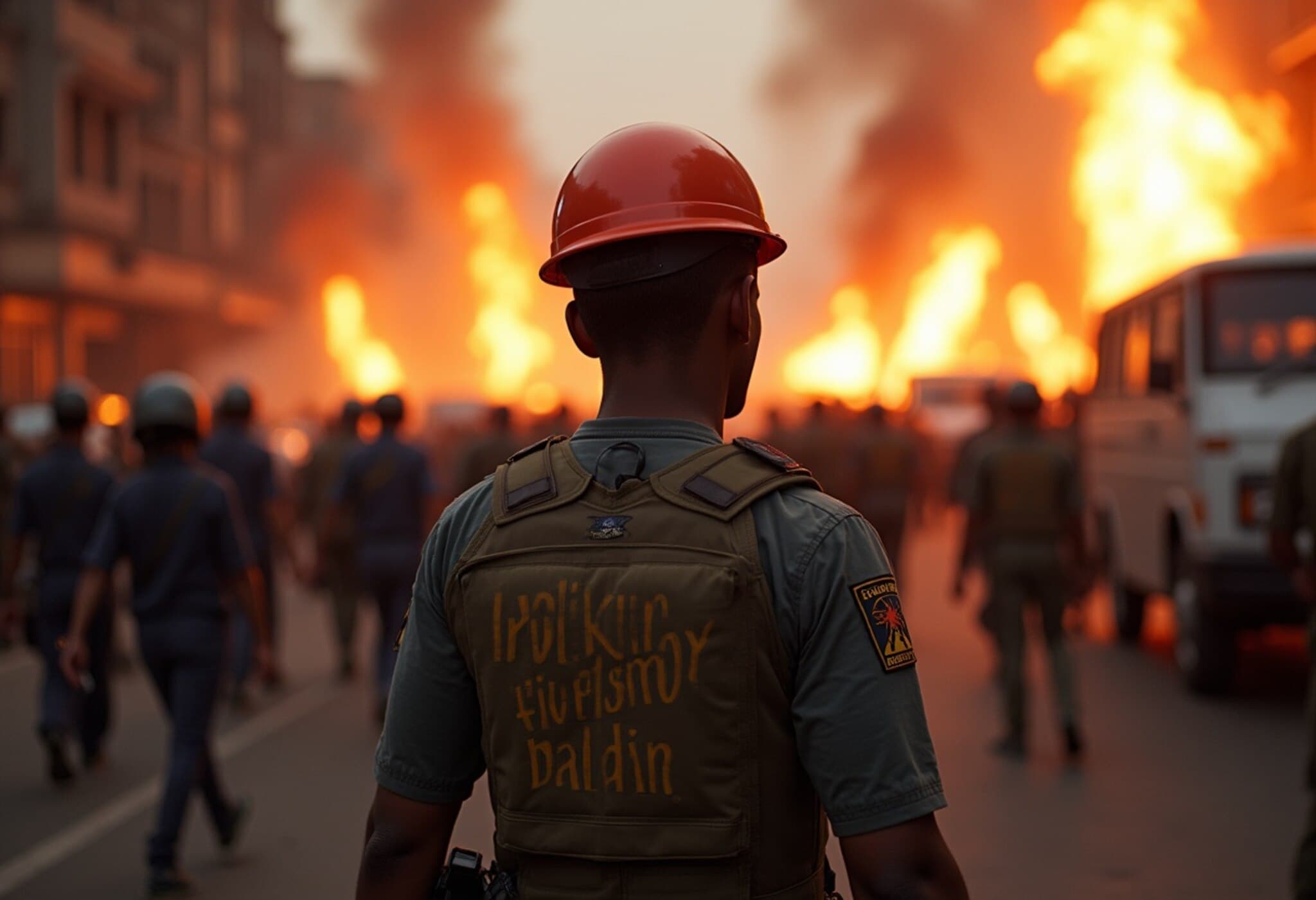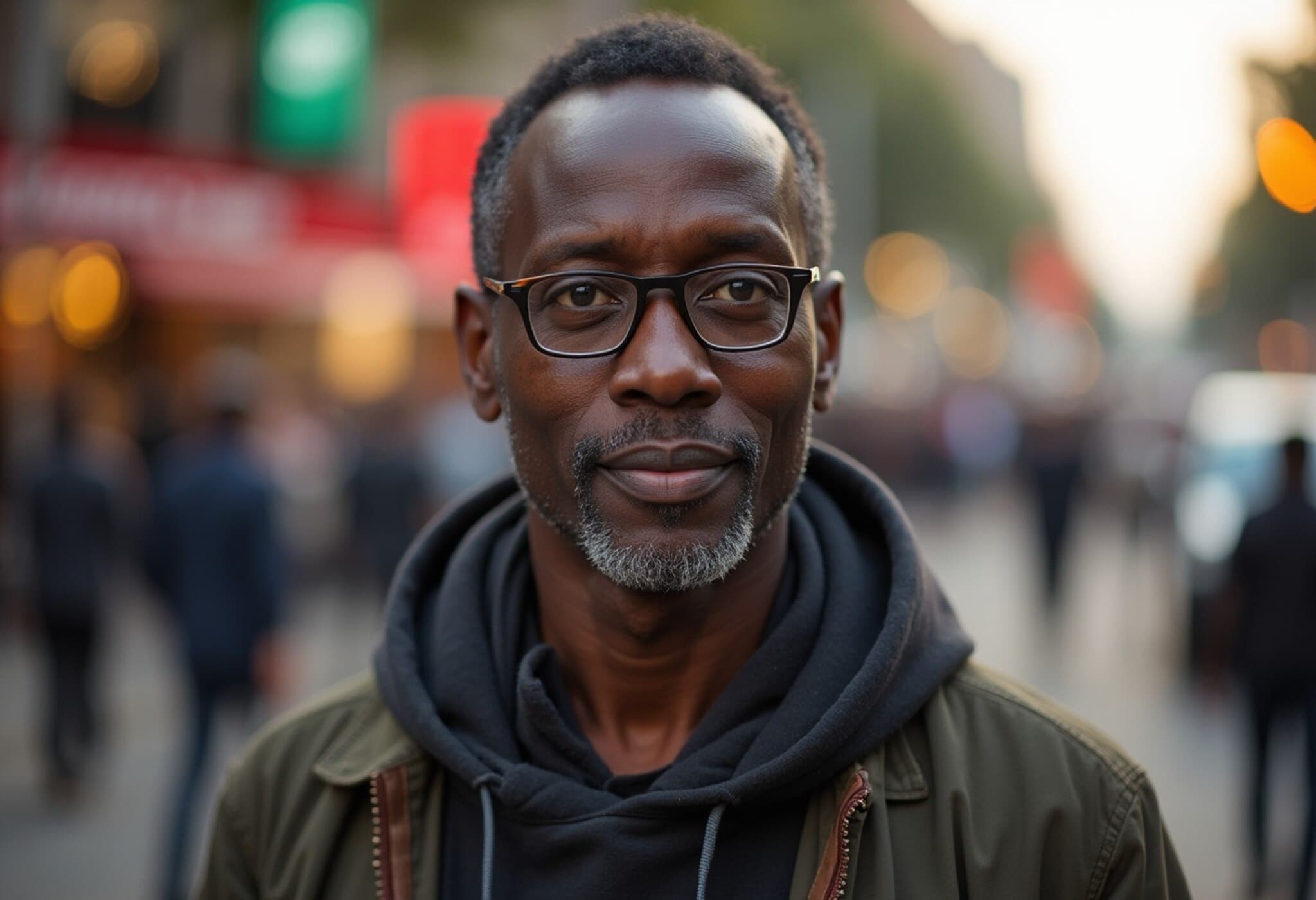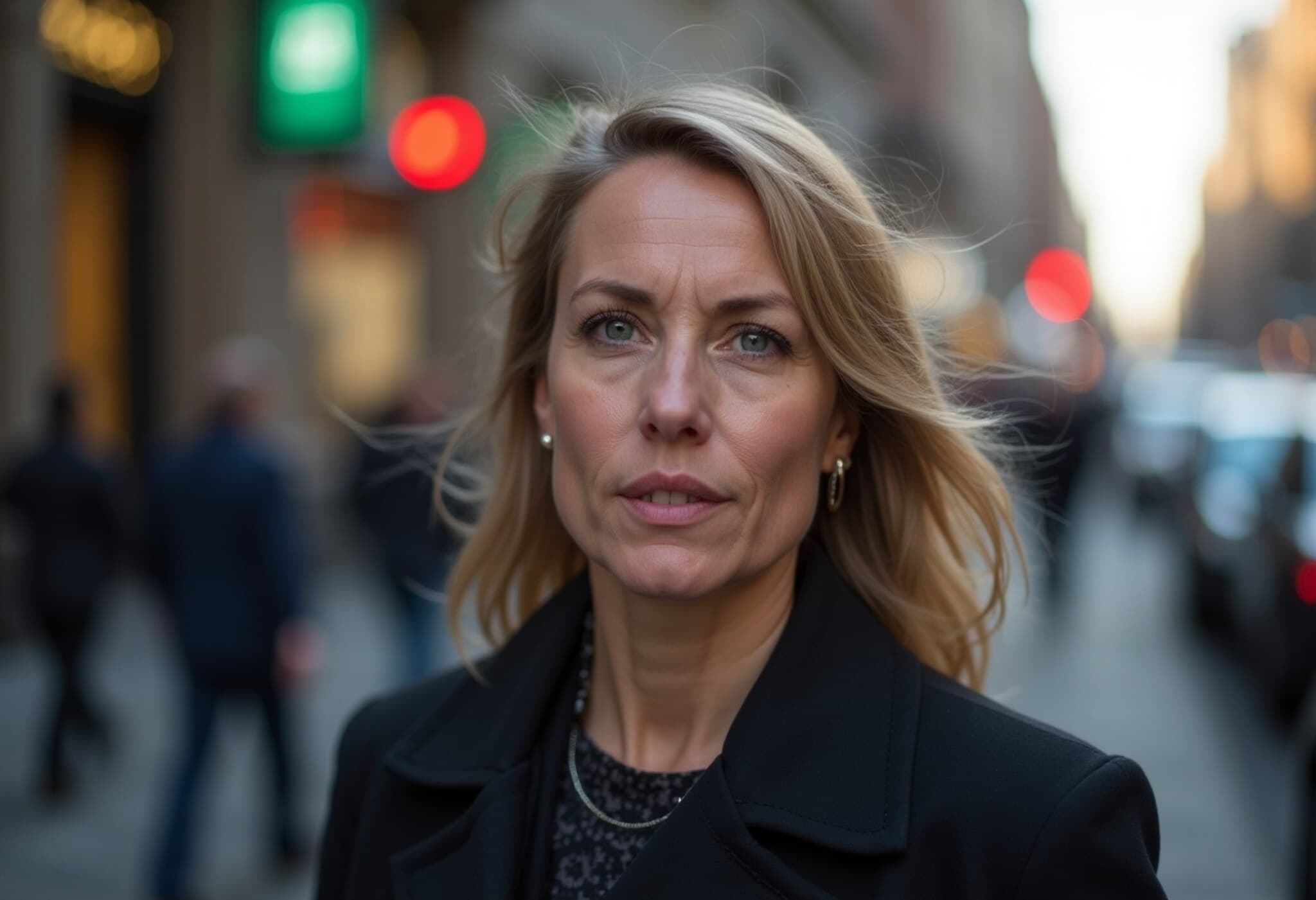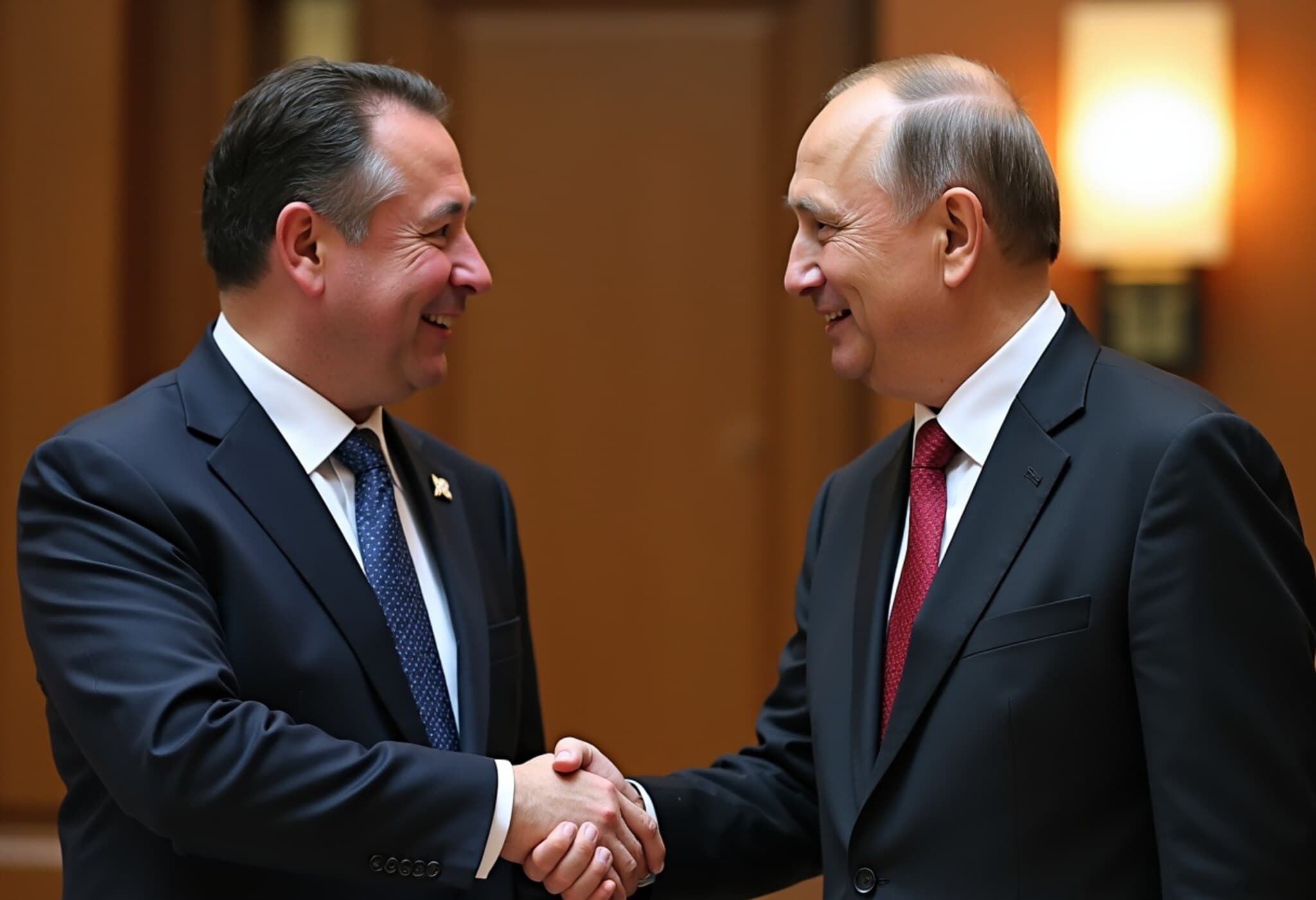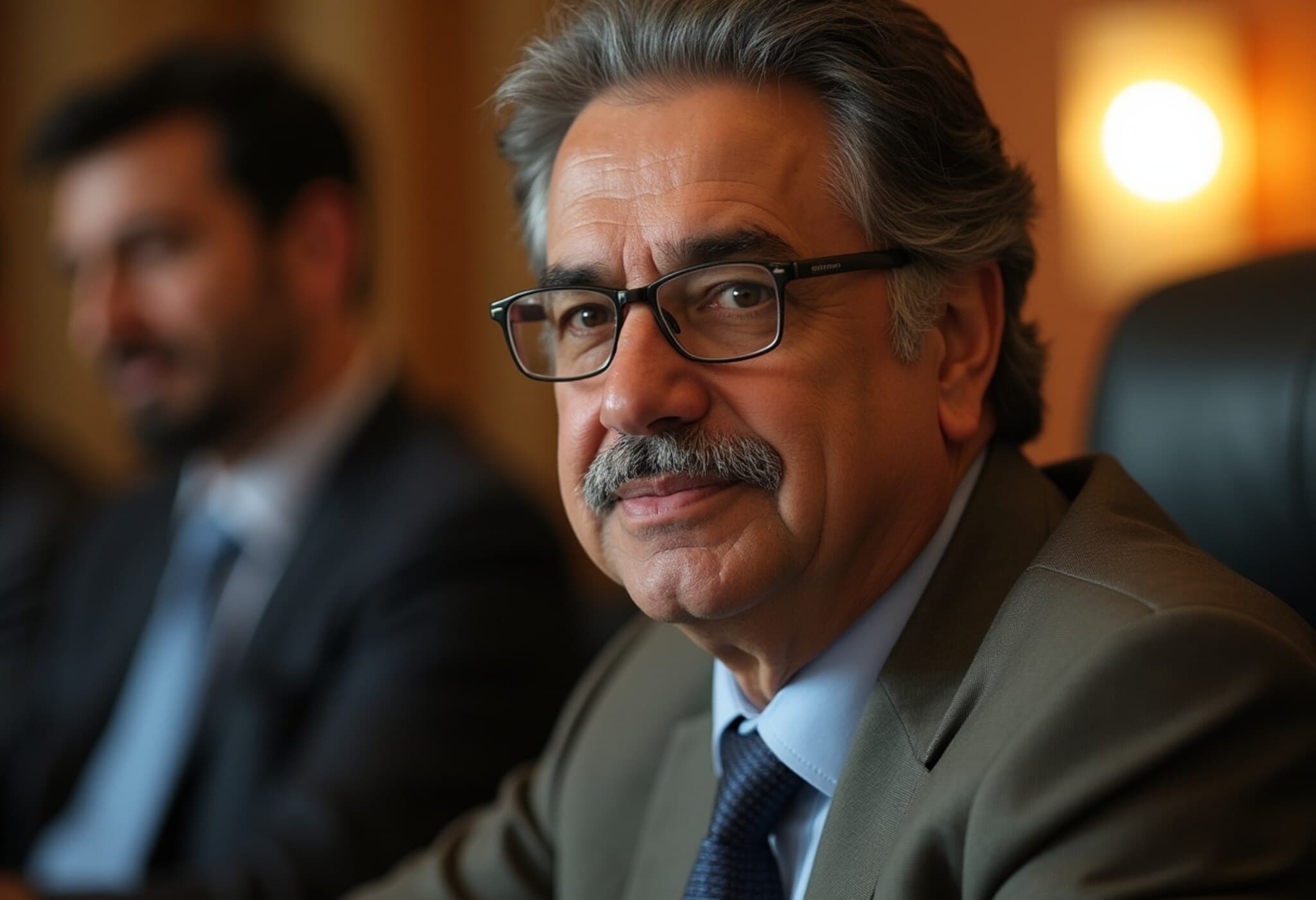Kenyan President Advocates Leg-breaking to Control Protesters
In a highly controversial and unprecedented directive, Kenyan President William Ruto instructed police officers to incapacitate protesters by breaking their legs instead of lethal force during anti-government demonstrations. This statement marks a critical escalation amid ongoing unrest that has claimed dozens of lives in recent weeks.
Context Behind the Unrest
The protests erupted initially in response to the death of a popular blogger while in police custody last month, sparking widespread public outrage over police brutality and corruption. Tensions further escalated after police reportedly shot a civilian at close range during subsequent demonstrations. Since then, riots and protests have spread across Nairobi and 17 of Kenya's 47 counties, resulting in at least 50 fatalities, more than 100 injuries, and the arrest of over 500 individuals.
President Ruto’s Stark Warning to Law Enforcement
Addressing the nation on Wednesday, President Ruto declared:
“Anyone who goes to burn other people’s property—a person like that should be shot in the leg and taken to hospital on their way to court. They shouldn’t be killed, but their legs should be broken.”
His directive comes amid mounting property damage including widespread looting, arson targeting supermarkets, businesses, and even hospitals. Authorities have deployed tear gas, water cannons, and live ammunition to suppress crowds, raising sharp criticism from human rights watchdogs.
Political Motives and the Quest for Stability
President Ruto framed the protests as politically motivated attempts to destabilize Kenya. He firmly vowed:
“You can call me whatever names you want, but I will ensure peace and stability in Kenya by all means.”
Reports indicate that police set up roadblocks around Nairobi’s city center, restricting movement to essential workers only. Clashes with demonstrators persisted, reflecting deepening societal fractures and distrust towards law enforcement.
Human Rights Concerns and International Response
The United Nations Human Rights Commissioner Volker Türk has called on the Kenyan government to address the underlying causes of the unrest rather than resort to further violence. Civil society groups have also urged restraint and accountability from the police.
Currently, five police officers face charges related to the blogger’s death and the shooting incident. Additionally, Deputy Police Inspector General Eliud Langat, implicated in publicly criticizing the deceased blogger and suspected of corruption, has stepped aside pending investigation.
Expert Commentary and Broader Implications
From a legal and policy standpoint, President Ruto’s endorsement of deliberately maiming protesters raises profound ethical and human rights dilemmas. Expert observers warn that such rhetoric risks normalizing excessive force and may further alienate communities, potentially fueling cycles of violence rather than quelling dissent.
Economically, the unrest threatens to undermine investor confidence at a time when Kenya is striving to bolster growth and stability. The targeting of critical businesses and healthcare facilities disrupts essential services and harms livelihoods, creating a ripple effect felt across the region.
This episode also spotlights the urgent need for police reform and stronger accountability mechanisms in Kenya—a challenge familiar in many democracies confronting protests and civil unrest.
What Lies Ahead?
As Kenya grapples with this tumultuous period, the government faces a delicate balancing act: ensuring public order without infringing on fundamental human rights. The international community and local stakeholders alike are watching closely, hopeful that dialogue and reconciliation will pave the way forward to lasting peace.
President Ruto’s call for breaking protesters’ legs reflects not only a tough stance on law enforcement but also a broader crisis of governance and trust in Kenya. Legal experts caution against using such tactics, highlighting risks to civil liberties and potential international condemnation.
This development prompts critical questions: How can Kenya reconcile security imperatives with human rights protections? What role should international bodies play in mediating such crises? And how might this influence democratic processes and social cohesion in East Africa's largest economy?

